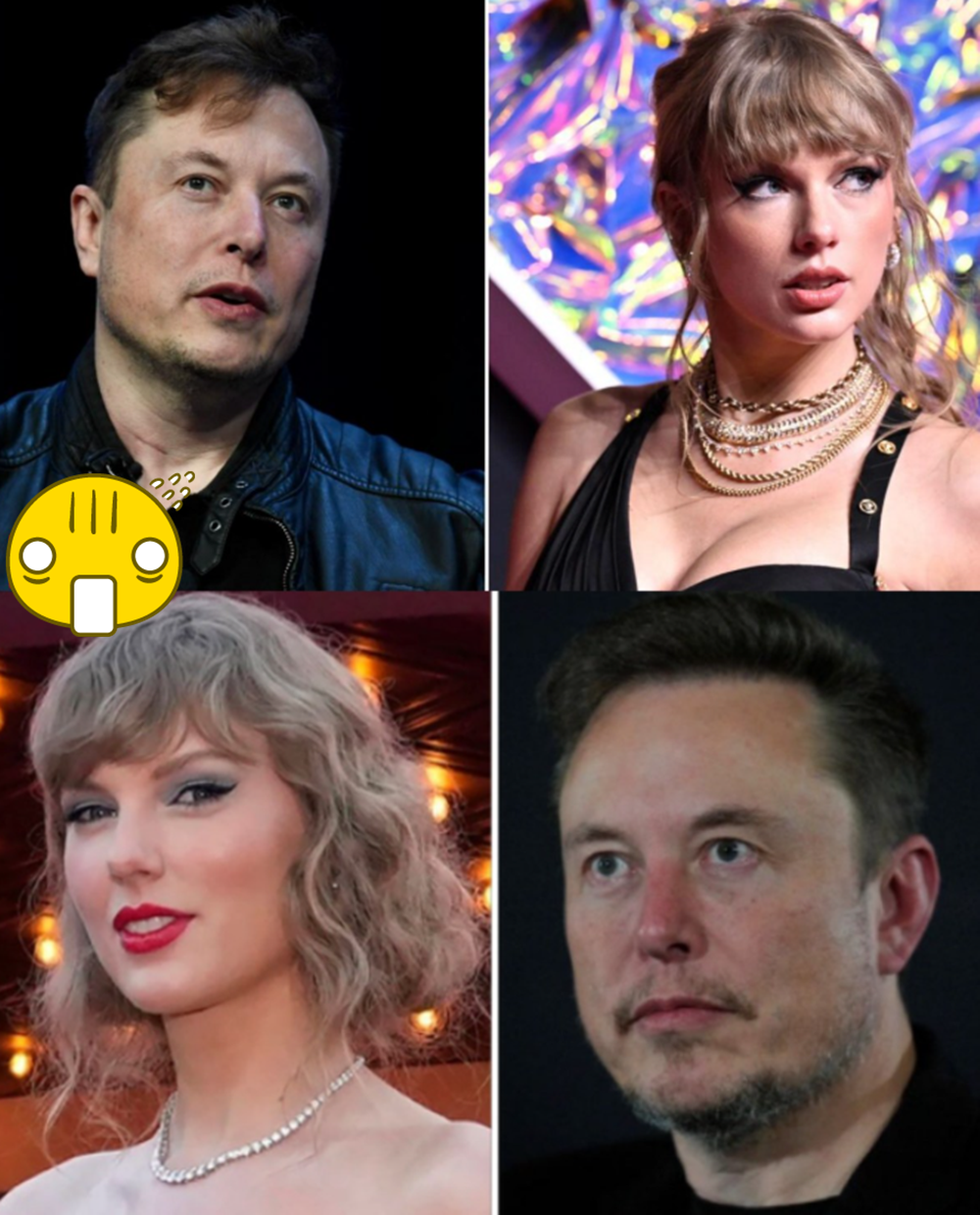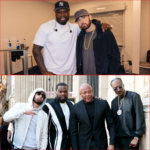Elon Musk is no stranger to controversy, but his latest tech venture may have crossed a line that even his most ardent supporters can’t defend. Reports have emerged that Musk’s AI image-generation tool, “Grok Imagine”, has been serving users explicit, fake nude images of Taylor Swift and other female celebrities — without any request or consent from the user.
The disturbing revelation came to light after multiple Grok Imagine users claimed they were shocked to see deepfake sexual images appear in their feed when experimenting with the tool’s prompts. According to tech analysts, the AI’s safety filters failed catastrophically, allowing harmful, non-consensual content to be generated and shared.

Journalist and political commentator John Iadarola broke the story on The Damage Report, alongside co-host Yasmin Kahn, detailing the scope of the incident. The hosts condemned both the technology’s lack of safeguards and the broader implications for privacy, consent, and AI ethics.
Taylor Swift’s name quickly began trending on social media as fans, activists, and industry insiders voiced outrage. Many stressed that deepfake pornography is a form of sexual abuse, regardless of whether the images are “real” or not. Legal experts have also weighed in, warning that Musk’s company could face serious lawsuits under both defamation and non-consensual image laws.
“This is not just a glitch. This is a violation,” Kahn said on the broadcast. “Women — especially high-profile women — are being targeted by technology that was supposed to ‘innovate’ but is instead perpetuating exploitation.”
Critics argue that Musk’s focus on rapidly launching products without thorough ethical review or adequate moderation tools is at the root of the problem. Musk himself has yet to release a formal statement, but his X (formerly Twitter) account has remained active, leading some to expect a dismissive or combative response.
In the meantime, advocacy groups like The National Center on Sexual Exploitation are calling for immediate suspension of Grok Imagine, stronger regulations on AI tools, and harsher penalties for companies that enable the distribution of non-consensual content.
The scandal not only raises urgent questions about AI governance but also strikes at the heart of a growing societal fear: that our identities, images, and reputations are no longer safe in a world where technology can fabricate them in seconds.
If Musk hoped Grok Imagine would revolutionize image generation, he may now be facing the opposite — a public relations nightmare that could define the project’s legacy before it even gets off the ground.
News
“TIME IS WORKING AGAINST US” — Police Issue Grim Update in Hu:nt for Missing Family as Victoria’s Bushfire Crisis Deepens
A family-of-three is missing and more than 20 homes are potentially lost as out-of-control bushfires continue to burn across Victoria….
“I DIDN’T KNOW IF THEY WERE ALIVE” — Chi:lling Twist as Witness Reveals What He Saw Before Saving Two Toddlers in Banya Crash
Two toddlers, aged one and three, remain in critical condition at Queensland Children’s Hospital after suffering significant head injuries in…
‘I’m Ready to Pay the Price’ — Tekashi 6ix9ine Surrenders to Pris0n, Betting 90 Days Behind Ba-rs on a Shot at Redemption and a Comeback
Hernandez was sentenced to three months behind bars for violating the terms of his supervised release. Hernandez was sentenced to…
‘THE TRUTH WILL DESTROY EVERYTHING’ — DJ Warras’s Family Reveal a Sh0cking Message From a Stranger That Has Turned the Case on Its Head
The Message That Changed Everything For weeks, the name DJ Warras had been wrapped in grief. Candles burned low outside his home….
‘I Could Never Do This Alone’ — Elon Musk’s Rare Emotional Confession Sends Sh0ckwaves Through the Tech World
A Moment No One Saw Coming Elon Musk is known for many things: relentless ambition, controversial statements, and a work…
$24 Million Sh0ck at Tesla HQ: Reports Claim Elon Musk Bonus Triggers Long-Hidden Strategy — Wall Street Braces for Fallout
What’s Really Behind the $24 Million Buzz? A wave of speculation hit Wall Street this week after reports emerged claiming…
End of content
No more pages to load












